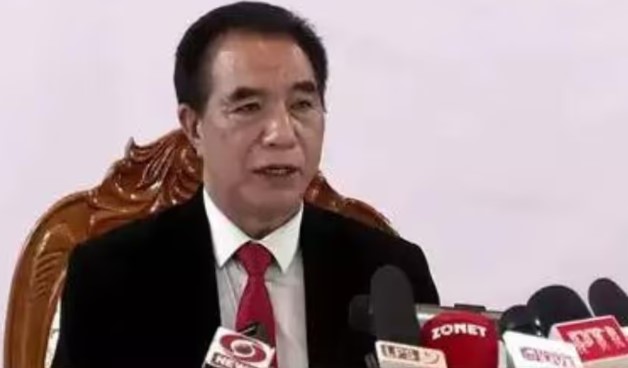Former IPS officer and Mizoram’s incumbent CM Lalduhoma’s journey took a transformative turn when he resigned from the Indian Police Service in 1984 at the urging of then-Prime Minister Indira Gandhi and Mizo National Front-MNF leader Laldenga.
This decision marked the beginning of his pivotal role in brokering peace between the Indian Government and the MNF, which had been engaged in a decades-long insurgency in Mizoram.
Speaking at the ‘Remna Ni’ celebrations, Lalduhoma recounted how he travelled to London to meet with Laldenga after leaving his job, spending five days discussing the MNF’s demands with him. His efforts were instrumental in paving the way for the historic peace accord signed on June 30, 1986, which brought an end to years of conflict and marked a new era of stability for Mizoram.
The ‘Remna Ni’ event, organised by Mizoram’s apex students’ body Mizo Zirlai Pawl (MZP), honoured individuals and organisations pivotal to the peace process. Lalduhoma expressed gratitude to all parties involved, including former legislators, who resigned in 1981 to advance peace talks, as well as Chief Secretary Lalkhama, a signatory to the peace accord.
Reflecting on the journey of the Zo people, Lalduhoma called for unity among Zo communities worldwide, emphasising the challenges faced by Zo people in Manipur, Myanmar, and Bangladesh as opportunities for solidarity and strength.
Since its founding by Laldenga in response to neglect of Mizo areas during a famine in the late ’50s, the MNF had evolved from a militant group to a political party. Following the peace accord, Mizoram transitioned from a Union Territory to the 23rd State of Bharat on February 20, 1987. Today, the MNF continues its role in Mizoram’s political landscape as the main Opposition party.

















